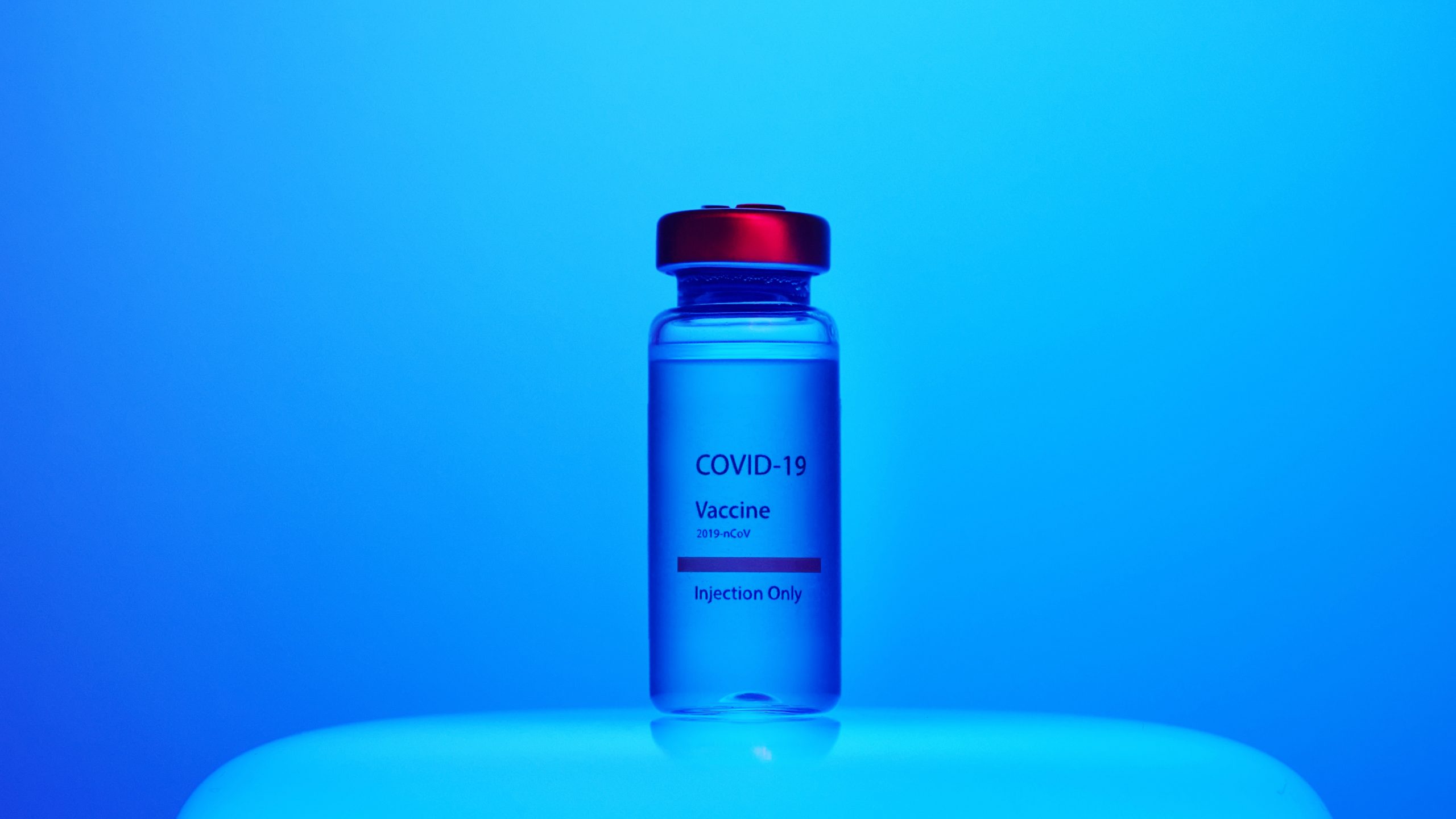While news reports in developed countries show steady growth in the percentage of vaccinated, many developing countries appear not to be so bright. What is most difficult in fighting COVID-19 is obtaining the vaccines in the first place. For example, in Africa, many countries have vaccinated less than 2% of their population so far.
The proposal by India and South Africa to waive intellectual property rights so that other countries can produce vaccines was objected to by most vaccine-producing countries. These objections mainly stem from the large investments made by these countries in R&D in decades. The UK and the EU continue to argue that intellectual property rights are a key component in driving innovation, and waiving IP rights can discourage future investment in new technologies and solutions.
The article suggests a third option, ‘in-between,’ which is limited IP waivers that would encourage private companies to share the minimum necessary portions of the technology to produce basic COVID-19 vaccines with national governments. Patent term extensions could incentivize pharmaceutical companies to support such limited IP waivers.
Limited IP waivers may offer a compromise to bridge the gap between maintaining IP rights and arbitrary compulsory licensing that could deter the technological investment from creating life-saving solutions in the future.
Poll: What’s your view on this issue?
- IP rights on vaccines should be granted on equal bases
- Limited IP waivers can be a solution
- Free IP rights on vaccines for developing countries
Initiating the protection of your innovation starts with filing a US provisional patent, setting the stage for broader global coverage through the subsequent submission of an international application.






